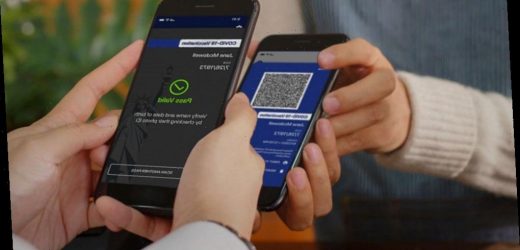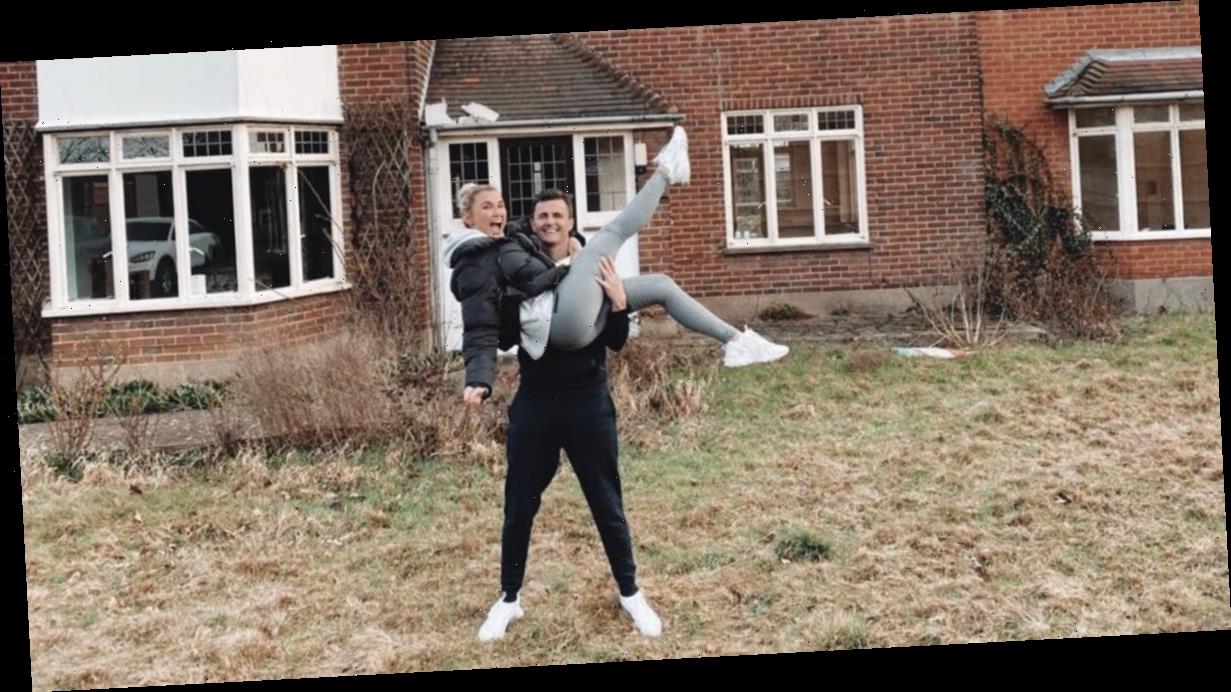As states continue to open up eligibility for the COVID-19 vaccine and more services start to require proof of vaccination, experts are warning of a rise in fraudulent activity surrounding vaccine passports.
Vaccine passports and certificates are being touted around the world as a way for various industries to start returning to normal while minimizing the risk of spreading the coronavirus. Consumers are already being required to use the passes at venues ranging from sports arenas and movie theaters to services like international travel.
But with the rollout of vaccine passports, experts tell ABC News they are seeing an increase in websites and online forums advertising fraudulent certificates and passports.
“The darknet is booming with activity related to the vaccines,” said Ekram Ahmed, spokesperson for Check Point, a cybersecurity firm. “Cyber criminals are looking to capitalize on the public’s interest to both get the vaccine or avoid the vaccine.”
Since the beginning of the pandemic, scams surrounding coronavirus testing, fake protective equipment and fake COVID-19 vaccines have circulated on the internet. Now experts are concerned about a rise in fake vaccine certificates.
“Vaccination certificate for Covid (for those who do not want to be vaccinated),” said one ad found on the dark web, according to Check Point.
“Not every body will like to take the covid19 vaccine and we provide proof of having been vaccinated,” said another.
Check Point reports that overall, the number of false advertisements related to vaccines has more than tripled since January.
“It’s only a matter of time before hackers find a way to organize fraudulent activity for digital passports,” said Ahmed. “With a digital passport in each person’s hand, it could make for some serious fraud.”
As of now, New York is the only state that has officially announced a digital vaccine passport to fast-track the reopening of businesses and entertainment venues statewide.
“New Yorkers have proven they can follow public health guidance to beat back COVID, and the innovative Excelsior Pass is another tool in our new toolbox to fight the virus while allowing more sectors of the economy to reopen safely and keeping personal information secure,” Gov. Andrew Cuomo said in a press release last week.
IBM, which helped the state develop the digital passport system, told ABC News that the pass is built on blockchain technology that allows individuals to share their health status through an encrypted digital wallet on their smartphone, without the need to share underlying medical and personal information.
Alex Holden, chief information security officer for Hold Security, a cybersecurity firm, told ABC News that the market for counterfeits means that vaccine passports “will likely be a target for abuse similar to fake COVID-19 test kits and protective equipment.”
“The notion of potential profit and abuse is in the air,” Holden said.
Dr. Krutika Kuppalli, assistant professor of medicine in the Division of Infectious Diseases at the Medical University of South Carolina, told ABC News that people who are hesitant to get vaccinated may instead seek fake vaccine passports or certificates.
“When you institute the use of a vaccine passport you are essentially forcing individuals to get vaccinated, and for those who may not feel comfortable or want to, there may be a greater propensity to falsify information,” Kuppalli said. “This will only make the market for these types of things stronger.”
Nevertheless, new tools like the vaccine pass will allow vaccinated people to “reap the benefits” of normal daily activities, said John Brownstein, chief innovation officer at Boston Children’s Hospital and an ABC News contributor.
“I think there’s real opportunity to think through how these cards could actually become a form of immunity identity,” Brownstein said. “We just have to make sure to understand the potential unintended consequences.”
Leah Croll, M.D., a neurology resident at NYU Langone Health, is a contributor to the ABC News Medical Unit.
Source: Read Full Article


